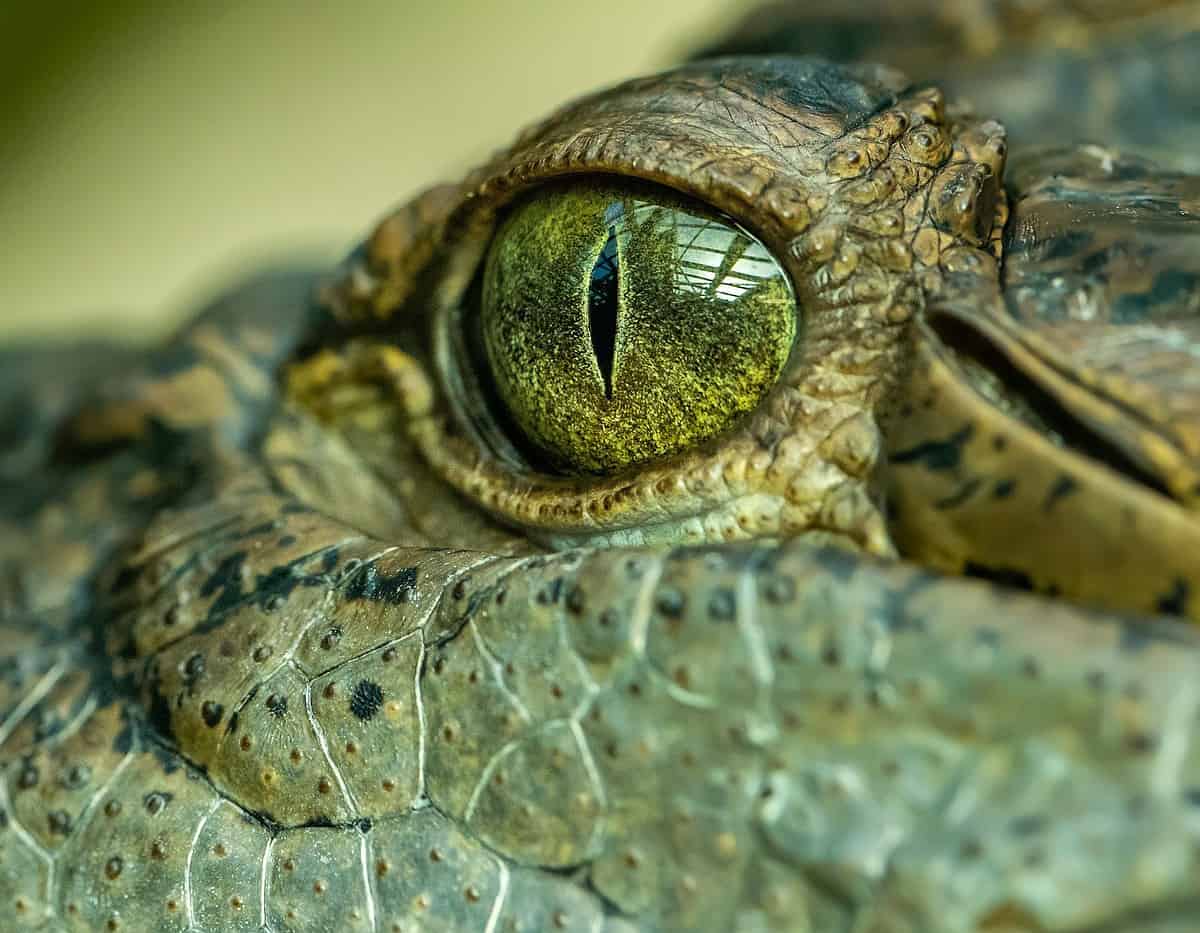On Wednesday, a group of international scientists discovered a ‘virgin birth’ by a female crocodile living in a zoo in Costa Rica and in isolation for almost 16 years.
According to research published in the journal Biology Letters, this is an unprecedented event. They also explained that the crocodile produced 14 eggs, which were found by its keepers.
Producing these eggs isn’t exactly unusual, as it has been documented that crocodiles can lay them, but they do not develop. However, this time, a fully formed stillborn baby crocodile was found.
“It is not uncommon for captive reptiles to lay clutches of eggs, given the period of isolation from mates, these would normally be considered non-viable and discarded,” the scientists explained.
The fertile eggs were artificially incubated for another three months but failed to hatch.
After testing the crocodile fetus’s genetic nature, they found it was a result of facultative parthenogenesis (FP), meaning no male was involved in the reproductive process. This phenomenon is often called “virgin birth” and has been found in other species, such as fish, birds, lizards, and snakes.
When making an “egg cell, a precursor cell divides into four cells, then one of those cells essentially acts as a sperm cell and fuses with the egg to become fertilized,” the specialists affirmed.
The study also points out that the crocodile’s virgin birth gives insights into dinosaur reproduction.
“This discovery offers tantalizing insights into the possible reproductive capabilities of the extinct archosaurian relatives of crocodilians and birds, notably members of Pterosauria and Dinosauria,” they concluded.
Scientists also mentioned that facultative parthenogenesis may be more common in animals in danger of extinction. Unfortunately, the Crocodylus acutus, or American crocodile, fits into said category.






